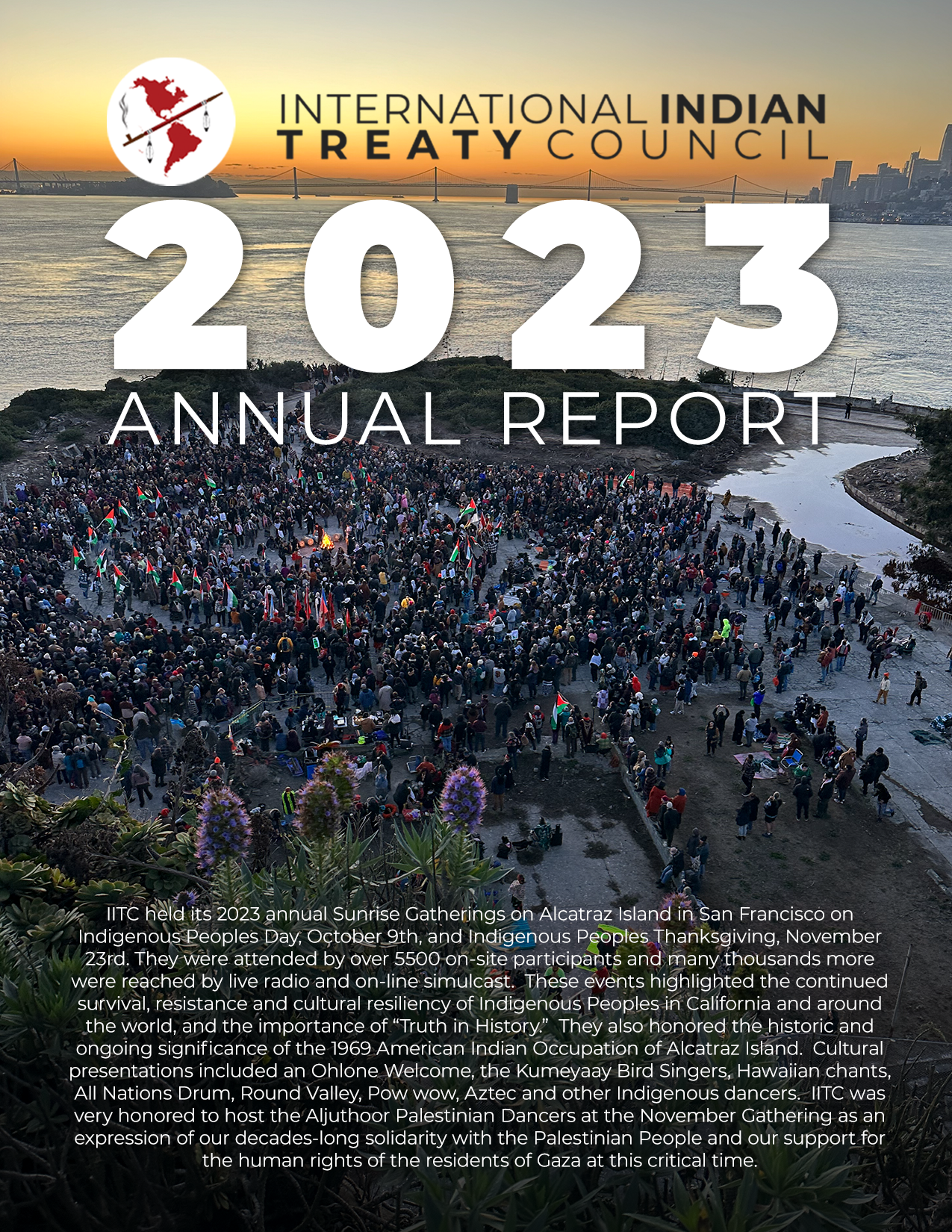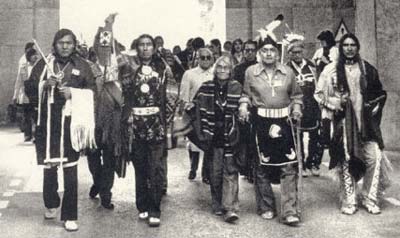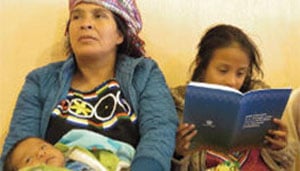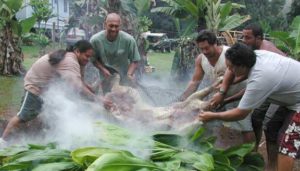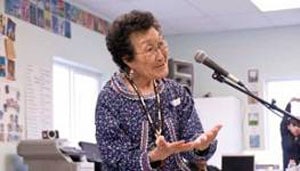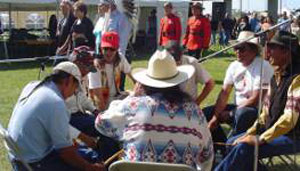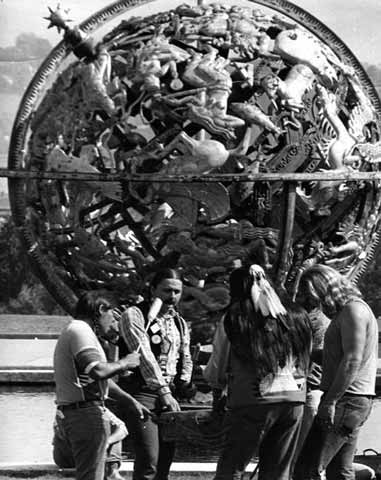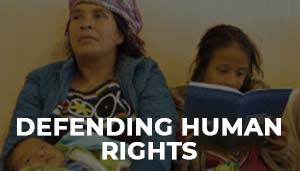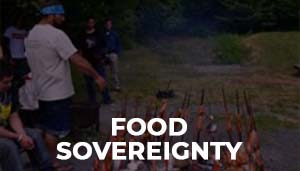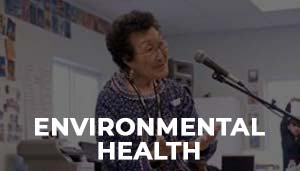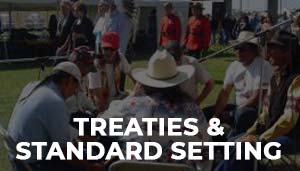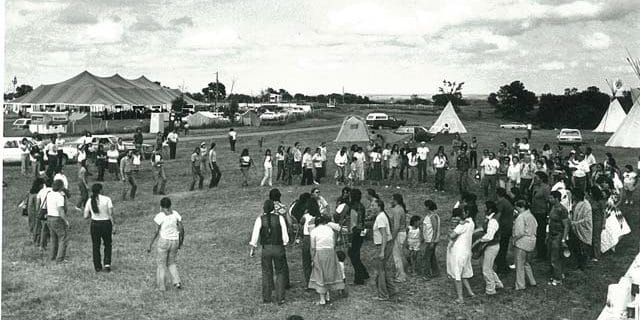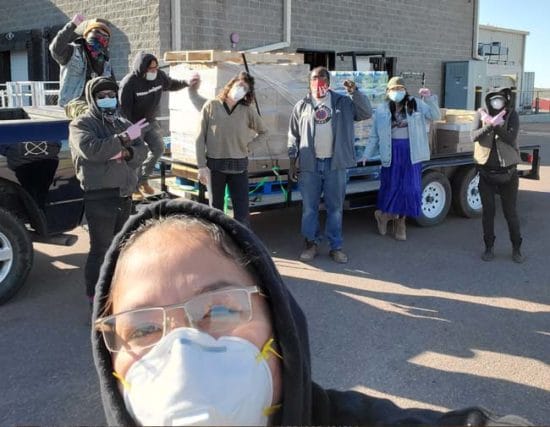
“COVID-19 is devastating for Indigenous communities worldwide, and it’s not only about health” – UN expert warns
GENEVA (18 May 2020) – The new UN Special Rapporteur on the rights of indigenous peoples, José Francisco Cali Tzay, today expressed serious concerns over the devastating impact the COVID-19 pandemic is having on indigenous peoples beyond the health threat.
“I am receiving more reports every day from all corners of the globe about how indigenous communities are affected by the COVID-19 pandemic, and it deeply worries me to see it is not always about health issues.
States of emergency are exacerbating the marginalisation of indigenous communities, and in the most extreme situations, militarisation of their territories is taking place.
Indigenous peoples are being denied their freedom of expression and association, while business interests are invading and destroying their lands, territories and resources.
In some countries, consultations with indigenous peoples and also environmental impact assessments are being abruptly suspended in order to force through megaprojects relating to agribusiness, mining, dams and infrastructure.
Indigenous peoples who lose their lands and livelihoods are pushed further into poverty, higher rates of malnutrition, lack of access to clean water and sanitation, as well as exclusion from medical services, which in turn renders them particularly vulnerable to the disease.
But in the face and in the midst of such threats, the indigenous communities that have managed to best resist the COVID-19 pandemic are those that have achieved autonomy and self-government, which allows them to manage their lands, territories and resources, ensure food security through their traditional crops and traditional medicine.
Now, more than ever, Governments worldwide should support indigenous peoples to implement their own plans to protect their communities and participate in the elaboration of nationwide initiatives to ensure these do not discriminate against them.
States must ensure that indigenous peoples have access to information about COVID-19 in their languages and urgent special measures need to be taken to ensure availability and access to culturally appropriate medical services. It is a major challenge that public health facilities are often scarce in indigenous communities.
The rights to development, self-determination and lands, territories and resources must be ensured in order for indigenous peoples to manage these times of crisis and to advance the worldwide goals of sustained development and environmental protection.
The pandemic is teaching us that we need to change: we need to value the collective over the individual and build inclusive societies that respect and protect everyone. It is not only about protecting our health.”
Mr. José Francisco CALÍ TZAY (Guatemala) is the new Special Rapporteur on the rights of indigenous peoples. He is Maya Kaqchikel from Guatemala, with experience in defending the rights of indigenous peoples, both in Guatemala and at the level of the United Nations and the OAS. Mr. Calí Tzay was the founder and member of a different indigenous organizations in Guatemala and the Ambassador of Guatemala to the Federal Republic of Germany. He was Director of Human Rights at the Ministry of Foreign Affairs of Guatemala; member of the Presidential Commission against Discrimination and Racism against Indigenous Peoples in Guatemala (CODISRA) and President of the National Reparation Program for Victims of the Internal Armed Conflict. Mr. Cali Tzay was President of the Committee for the Elimination of all forms of Racial Discrimination, a treaty body from which he was elected for four consecutive periods of 4 years each.
The Special Rapporteurs are part of what is known as the Special Procedures of the Human Rights Council. Special Procedures, the largest body of independent experts in the UN Human Rights system, is the general name of the Council’s independent fact-finding and monitoring mechanisms that address either specific country situations or thematic issues in all parts of the world. Special Procedures experts work on a voluntary basis; they are not UN staff and do not receive a salary for their work. They are independent from any government or organization and serve in their individual capacity.
For more information and media requests, please contact Christine Evans (+41 22 917 9197 / [email protected]), Claire Morclette (+41 22 928 94 37 / [email protected]) or write to [email protected]
For media inquiries related to other UN independent experts, please contact Xabier Celaya (+ 41 22 917 9445 / [email protected])
Follow news related to the UN’s independent human rights experts on Twitter: @UN_SPExperts.
Concerned about the world we live in?
Then STAND UP for someone’s rights today.
#Standup4humanrights
and visit the web page at http://www.standup4humanrights.org
Share this post
COVID-19 is devastating for Indigenous communities worldwide, and it’s not only about health
“COVID-19 is devastating for Indigenous communities worldwide, and it’s not only about health” – UN expert warns
GENEVA (18 May 2020) – The new UN Special Rapporteur on the rights of indigenous peoples, José Francisco Cali Tzay, today expressed serious concerns over the devastating impact the COVID-19 pandemic is having on indigenous peoples beyond the health threat.
“I am receiving more reports every day from all corners of the globe about how indigenous communities are affected by the COVID-19 pandemic, and it deeply worries me to see it is not always about health issues.
States of emergency are exacerbating the marginalisation of indigenous communities, and in the most extreme situations, militarisation of their territories is taking place.
Indigenous peoples are being denied their freedom of expression and association, while business interests are invading and destroying their lands, territories and resources.
In some countries, consultations with indigenous peoples and also environmental impact assessments are being abruptly suspended in order to force through megaprojects relating to agribusiness, mining, dams and infrastructure.
Indigenous peoples who lose their lands and livelihoods are pushed further into poverty, higher rates of malnutrition, lack of access to clean water and sanitation, as well as exclusion from medical services, which in turn renders them particularly vulnerable to the disease.
But in the face and in the midst of such threats, the indigenous communities that have managed to best resist the COVID-19 pandemic are those that have achieved autonomy and self-government, which allows them to manage their lands, territories and resources, ensure food security through their traditional crops and traditional medicine.
Now, more than ever, Governments worldwide should support indigenous peoples to implement their own plans to protect their communities and participate in the elaboration of nationwide initiatives to ensure these do not discriminate against them.
States must ensure that indigenous peoples have access to information about COVID-19 in their languages and urgent special measures need to be taken to ensure availability and access to culturally appropriate medical services. It is a major challenge that public health facilities are often scarce in indigenous communities.
The rights to development, self-determination and lands, territories and resources must be ensured in order for indigenous peoples to manage these times of crisis and to advance the worldwide goals of sustained development and environmental protection.
The pandemic is teaching us that we need to change: we need to value the collective over the individual and build inclusive societies that respect and protect everyone. It is not only about protecting our health.”
Mr. José Francisco CALÍ TZAY (Guatemala) is the new Special Rapporteur on the rights of indigenous peoples. He is Maya Kaqchikel from Guatemala, with experience in defending the rights of indigenous peoples, both in Guatemala and at the level of the United Nations and the OAS. Mr. Calí Tzay was the founder and member of a different indigenous organizations in Guatemala and the Ambassador of Guatemala to the Federal Republic of Germany. He was Director of Human Rights at the Ministry of Foreign Affairs of Guatemala; member of the Presidential Commission against Discrimination and Racism against Indigenous Peoples in Guatemala (CODISRA) and President of the National Reparation Program for Victims of the Internal Armed Conflict. Mr. Cali Tzay was President of the Committee for the Elimination of all forms of Racial Discrimination, a treaty body from which he was elected for four consecutive periods of 4 years each.
The Special Rapporteurs are part of what is known as the Special Procedures of the Human Rights Council. Special Procedures, the largest body of independent experts in the UN Human Rights system, is the general name of the Council’s independent fact-finding and monitoring mechanisms that address either specific country situations or thematic issues in all parts of the world. Special Procedures experts work on a voluntary basis; they are not UN staff and do not receive a salary for their work. They are independent from any government or organization and serve in their individual capacity.
For more information and media requests, please contact Christine Evans (+41 22 917 9197 / [email protected]), Claire Morclette (+41 22 928 94 37 / [email protected]) or write to [email protected]
For media inquiries related to other UN independent experts, please contact Xabier Celaya (+ 41 22 917 9445 / [email protected])
Follow news related to the UN’s independent human rights experts on Twitter: @UN_SPExperts.
Concerned about the world we live in?
Then STAND UP for someone’s rights today.
#Standup4humanrights
and visit the web page at http://www.standup4humanrights.org
